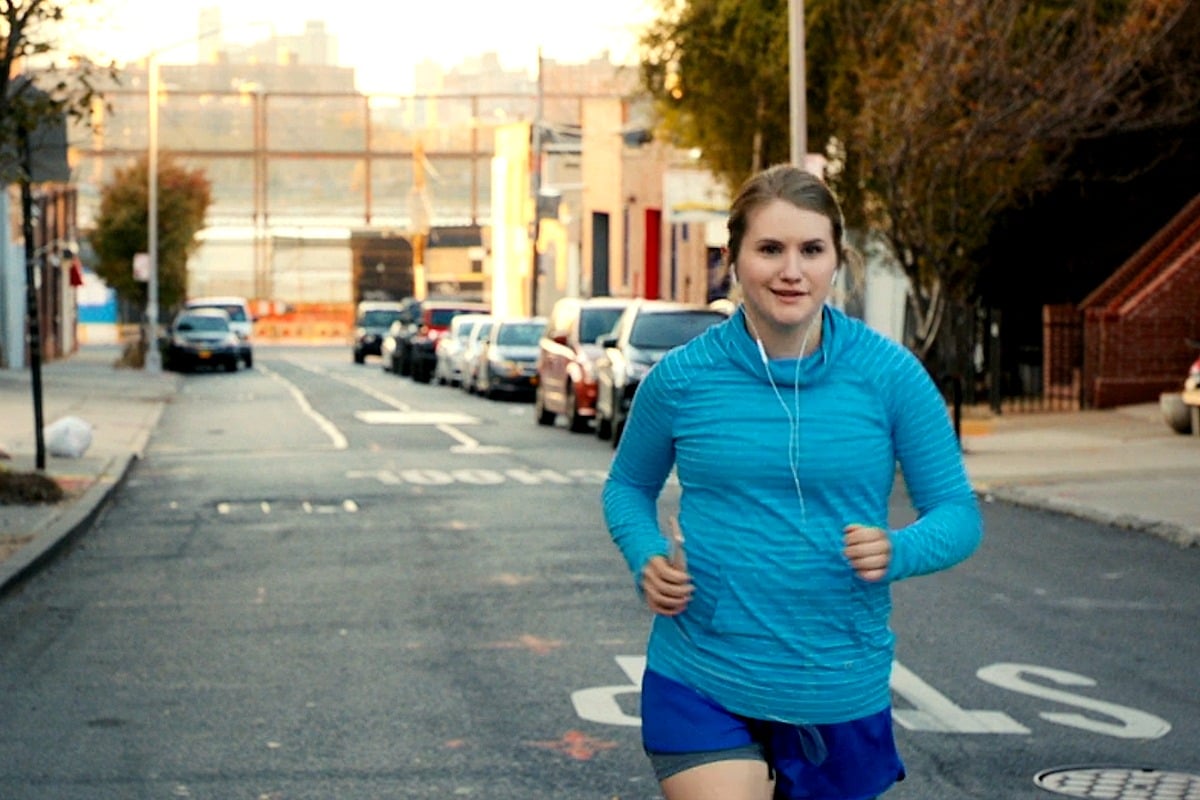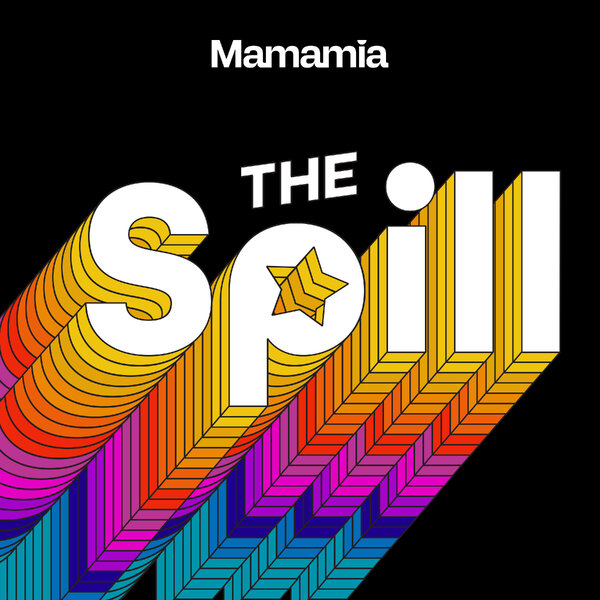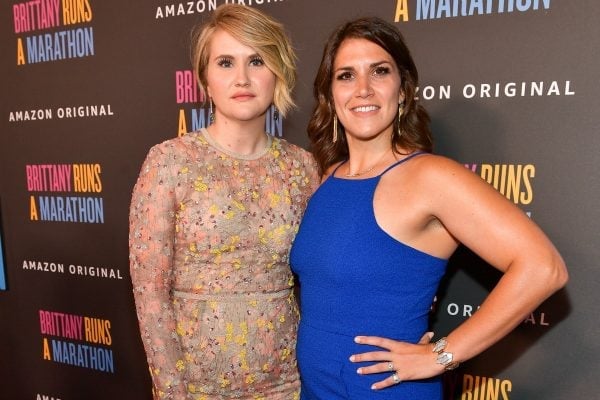
A small moment on a couch in New York City in 2011 ended up changing Brittany O’Neill’s life.
Like so many people before her, Brittany felt as though her life had slipped through her fingers and was now spinning around her in an endless dismal loop of dead-end jobs and binge drinking sessions that left her feeling exhausted and unhealthy.
In order to pull herself out of the funk, she decided to take up running and the result was a few laps around the block culminating in her training for a marathon and becoming part of an entirely new community.
Of course, no real story is ever as easy as clicking your fingers and willing yourself into a brand new life. This is why the difficult slog faced by Brittany O’Neill can now be seen playing out across the big screen in the new movie Brittany Runs a Marathon.
Listen to Mamamia Entertainment Editor Laura Brodnik tall to Jillian Bell about Brittany Runs a Marathon on The Spill, along with the other top pop culture stories of the day.
Sitting on that couch with Brittany that night was her roommate Paul Downs Colaizzo, the writer and director of Brittany Runs a Marathon who went on to use his housemate’s incredible story as the inspiration for a film about body image and it’s link to self-worth.
Brittany Runs a Marathon stars comedic powerhouse Jillian Bell (known for films like 22 Jump Street and Rough Night) as Brittany Forglar, a 28-year-old working in New York City in a dead-end job as a greeter at an off-Broadway theatre and living with her selfish friend Gretchen (Alice Lee), a teacher’s assistant who craves social media fame.
When Brittany, who is a heavy drinker and abuses Adderall, visits a new doctor to score an extra prescription she is shamed over her weight. She then decides to get her body moving and since the gym is out of her price range she takes up running, which leads to a new group of friends and a burning desire to complete the New York City Marathon.


Top Comments
Your doctor should be saying things about your weight (if it's an issue). It's a huge issue these days.
'It feels hurtful, it feels like they are targeting something specifically about you and saying something harsh' - They are targeting something specifically about you, I certainly don't like hearing it. It shouldn't come across as harsh of course, there are delicate ways of saying things, but if it needs to be said they should be saying it.